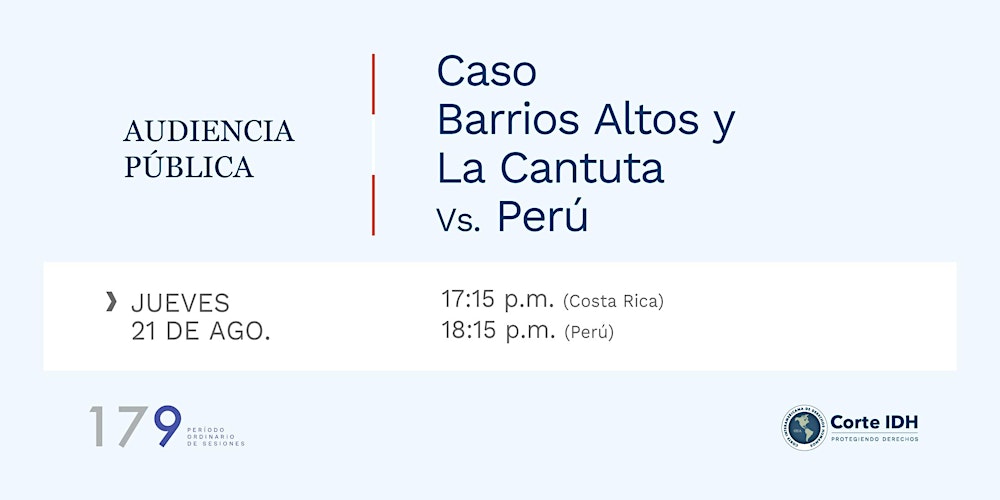Have you ever wondered what makes Costa Rica special beyond its lush rainforests and beautiful beaches? In this peaceful Central American nation, there is a profound commitment to human rights and justice that complements its natural beauty. This unique blend of judicial integrity and spiritual harmony makes Costa Rica not just a vacation destination but a place where human dignity and environmental respect coexist. Join us as we explore how this extraordinary country has become a symbol of both justice and spirituality in our modern world.
Costa Rica’s reputation as a peaceful haven isn’t just about tourist experiences—it’s deeply woven into the fabric of everyday life and governance. The country’s dedication to human rights protection provides residents and visitors alike with a sense of security and respect that’s increasingly rare in today’s world. Let’s explore how this commitment is reflected in key institutions and cultural practices, and why it matters to everyone who calls Costa Rica home or dreams of visiting its shores.

- Public Hearing of the Barrios Altos and La Cantuta vs. Peru Case at the Inter-American Court of Human Rights, August 21st, in San José, Costa Rica. Source: eventbrite.com.mx
Costa Rica stands as a remarkable example where justice and spirituality intertwine in meaningful ways. The Inter-American Court of Human Rights, headquartered in San José, represents the cornerstone of the nation’s dedication to protecting human dignity across the Americas. This international tribunal handles cases involving human rights violations throughout the region, making Costa Rica not just a beautiful destination but a center for justice. The Court’s presence reflects the country’s values and priorities, serving as a daily reminder of its commitment to fairness and equality for all people.
This judicial focus aligns perfectly with Costa Rica’s spiritual identity as a peace-loving nation. In 1949, Costa Rica made the extraordinary decision to abolish its military entirely, channeling those resources instead into education and healthcare. This bold move wasn’t merely political—it represented a choice to prioritize harmony over conflict. Similarly, the country’s pioneering environmental protection efforts stem from a deep reverence for nature that many consider spiritual. Costa Ricans often speak of “pura vida” (pure life), a philosophy embracing simplicity, optimism, and appreciation for life’s blessings that influences both personal conduct and national policy.
An exceptional opportunity awaits those interested in witnessing international justice in action. On August 21st, from 5-7 PM CST, the Inter-American Court of Human Rights will hold a public hearing for the Barrios Altos and La Cantuta vs. Peru case at their headquarters in Los Yoses, San Pedro. This significant event allows visitors and residents to observe firsthand how the legal system addresses serious human rights violations in our hemisphere. The proceedings provide a window into the complex yet essential work of protecting human dignity through legal frameworks, demonstrating how principles become actions.
Attending such a hearing connects visitors to Costa Rica’s broader cultural landscape that encourages mindful engagement with important social issues. While many tourists come for the country’s natural beauty, experiencing this judicial process adds depth to understanding Costa Rica’s spirit. The country’s welcoming atmosphere extends beyond its beaches and rainforests to embrace intellectual and spiritual growth through exposure to justice in action. The Court welcomes observers who wish to understand human rights challenges and solutions better, reflecting Costa Rica’s belief that an informed public strengthens democracy and promotes peaceful coexistence—values that resonate deeply with both residents and thoughtful visitors.
Header Image Source: AI-generated image
